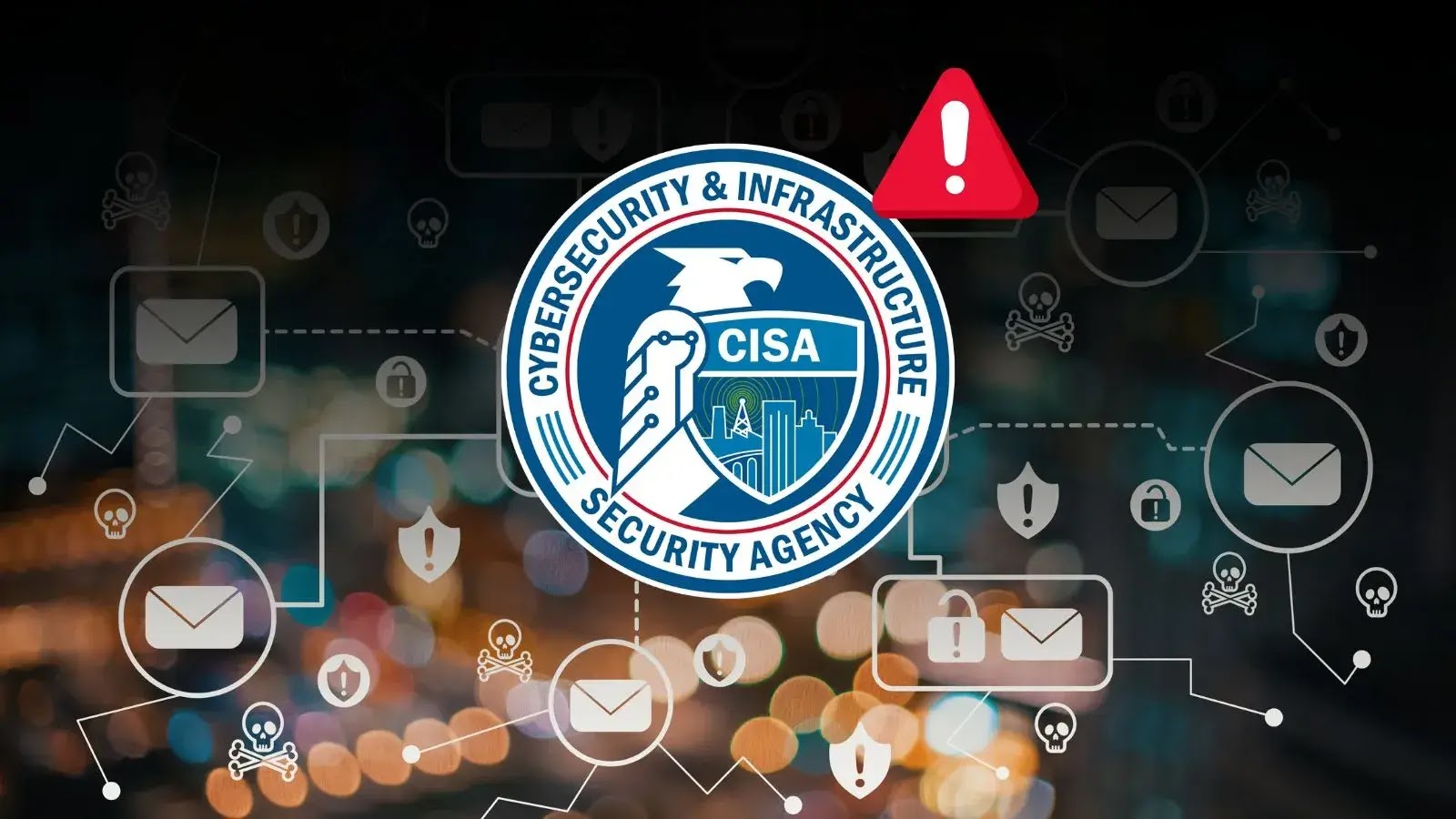The Cybersecurity and Infrastructure Security Agency (CISA) has issued a warning in light of hurricanes and natural disasters, cautioning individuals to be vigilant against potential malicious cyber activities. The agency emphasizes the heightened risk of cybercriminals taking advantage of the chaos surrounding natural disasters to disseminate fraudulent emails and social media messages.
According to CISA, these malicious communications often contain harmful links or attachments that aim to compromise personal information or devices. Therefore, the agency advises individuals to exercise extreme caution when dealing with emails with hurricane-related subject lines, attachments, or hyperlinks.
Furthermore, individuals should remain wary of social media pleas, texts, or door-to-door solicitations that pertain to severe weather events. These solicitations may also serve as platforms for cyber criminals to exploit vulnerabilities and deceive individuals.
To combat these threats effectively, CISA stresses the importance of verifying information from trusted sources. By relying on information from local officials and reputable disaster response organizations like the Federal Emergency Management Agency (FEMA) and DHS’s Ready.gov, individuals can safeguard themselves against falling victim to scams orchestrated by cyber criminals.
In addition to urging individuals to verify information, CISA also recommends utilizing resources provided by organizations such as the Federal Trade Commission, Consumer Financial Protection Bureau, and FEMA to stay alert to scams and make informed decisions regarding charitable giving.
CISA’s phishing guidance is another crucial tool that organizations can utilize to enhance their cybersecurity posture. By following these guidelines, organizations can mitigate the likelihood and impact of successful phishing attacks, thereby strengthening their overall cybersecurity defenses.
In conclusion, staying informed, vigilant, and cautious is key to protecting oneself from cyber threats in the aftermath of natural disasters. By exercising due diligence, verifying information from trusted sources, and being mindful of potential scams, individuals and organizations can minimize the risk of falling prey to malicious cyber activities during times of crisis.
The threat of cybercrime following natural disasters underscores the importance of maintaining robust cybersecurity measures and vigilance at all times. Cybersecurity remains a critical aspect of disaster preparedness, ensuring that individuals and organizations are equipped to address evolving threats in an increasingly digital landscape.
